Author: Tobias Rodrigues
Wisdom for Teams #4
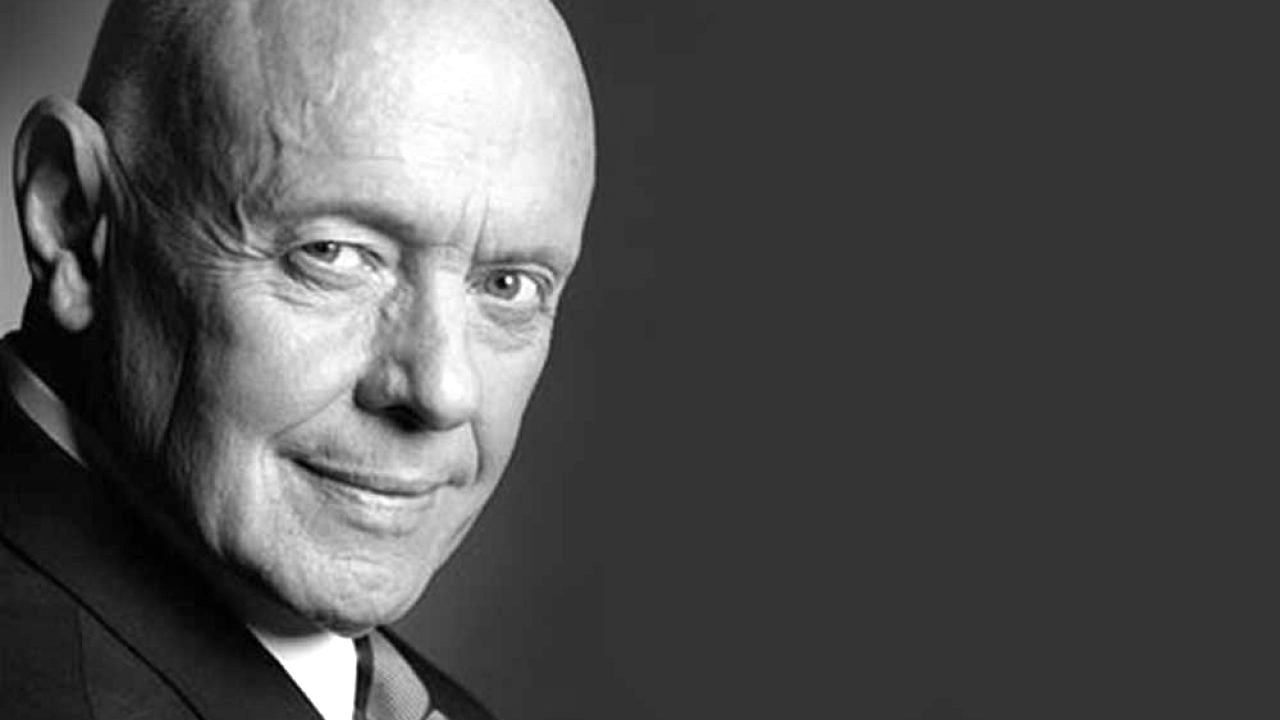
“The problem is not the problem.
The way we see the problem is the problem.”
STEPHEN COVEY (1932-2012), author of The Seven Habits of Highly Effective People
—

The POOH System to Get Creative
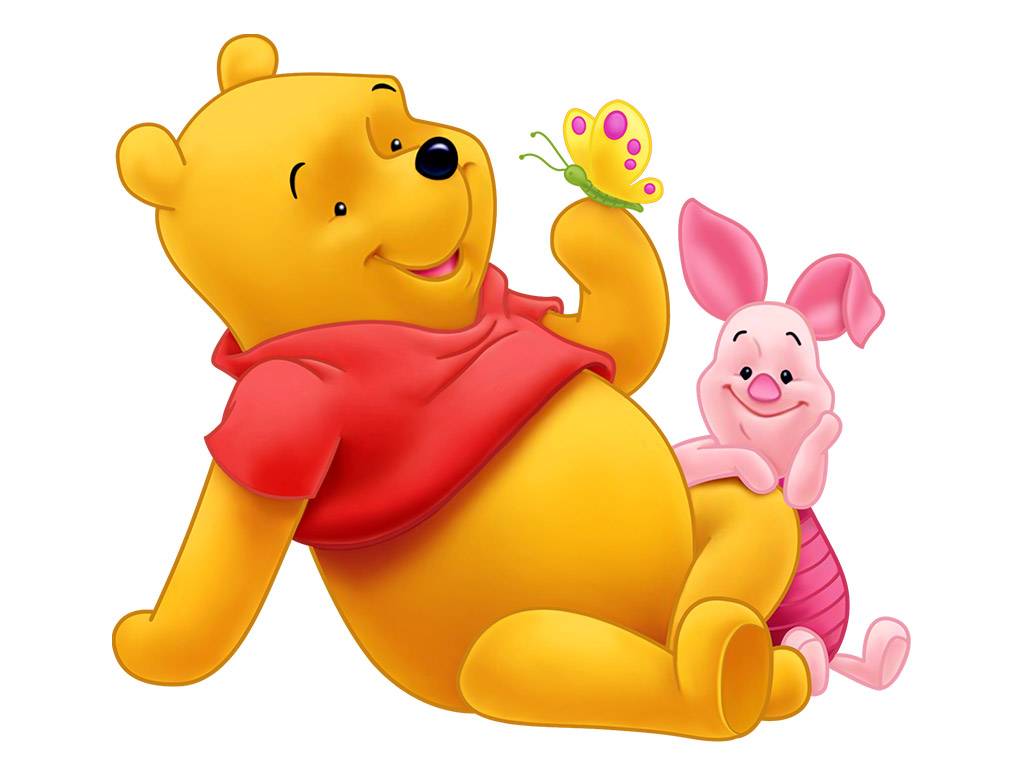

—
How do people who have great ideas come up with them? Do those who rely on inspiration to do their work use a special system? What strategies do marketeers, writers, artists, designers, and more, use to create new work?
I recently read a book on this topic as preparation for an offsite I was asked to create. In Strategic Intuition, William Duggan reviews some of History’s most creative minds to distill the formula they used to come up with innovative solutions.
I’m not going to share the formula (at least not all of it) because the book is really worth the read. Instead I’ll share how it relates to the creative work I do. I design and deliver offsites for executive teams, often the same teams. So coming up with different ideas for the same crowd can be a challenge.
The team leader who suggested I read book, whom I’ve been working with for years, said: “If you look at how you prepare your offsites, you’ll probably notice that the elements of the formula are somehow involved in your creative process.”
Now that’s an interesting endeavour. So I did and I noticed that in fact there is a pattern — hence the acronym “POOH” — that I have been using for nine years to build workshops and facilitation sessions. I believe it can be applied for other creative purposes. So here it goes for you to try the next time you need ideas.
After meeting with the team lead, and bearing in mind that the mind cannot not answer a question, I consider the following:
Purpose: I ask myself: Why are we going to do this? What meaningful reasons do we have? I answer this in one short sentence. Nietzsche said that those who have a why to live for can bear almost any how. Purpose is powerful. Purpose is the engine of creativity, while also being the guard rails of the creative process. No guard rails on the road means you can end up derailed. An example of a purpose for a team offsite is: We’re doing this because we rely on trust to get work done, and we want to increase trust in the team.
Objectives: I ask myself: What needs to be done? What needs to happen? I write down all that comes to mind. Then, even if I have no idea yet of how to achieve this, I choose the top three specific actions I’m aiming to achieve. Given the purpose above, an example of an objective could be: Show vulnerability to teammates.
Outcomes: I ask myself: What will be the consequences of achieving these objectives? Here we are looking for the end state that emerges from achieving the specific actions. Outcomes allow us to assess to the degree to which we’ve achieved the objetives. Given the above, an example of an outcome is: Teammates express a renewed appreciation for one another other, as a consequence of everyone having shown vulnerability.
Hunches: I ask myself: If I knew how to make all this happen, what would I do? I write down whatever comes to mind. These are the intuitions of how we’ll achieve the objectives, the gut feeling about the strategies that will lead to the outcomes. An example of a hunch in this case is: Share a personal story about a failure in life.
And that’s it. Like all good wine, ideas need to age. I’m done for now. I’ve given my mind all the information it needs in order to search my memory files and combine information is a new way to come up with new ideas. And my mind does.
In the course of the following week, or two, ideas pop up. And when they do, I write them down in the same place. Lo and behold I now have enough material to design a new, relevant and coherent offsite.
What is your process for creative work? Do we have anything in common? Is this useful in any way? I would love to hear from you.
BTW, the “search” and “combine” bits are part of the formula in the book. 😉
PS: Special thanks to my friend Marie Eouzan for inspiring the idea for this post. 🙂
Wisdom for Teams #3
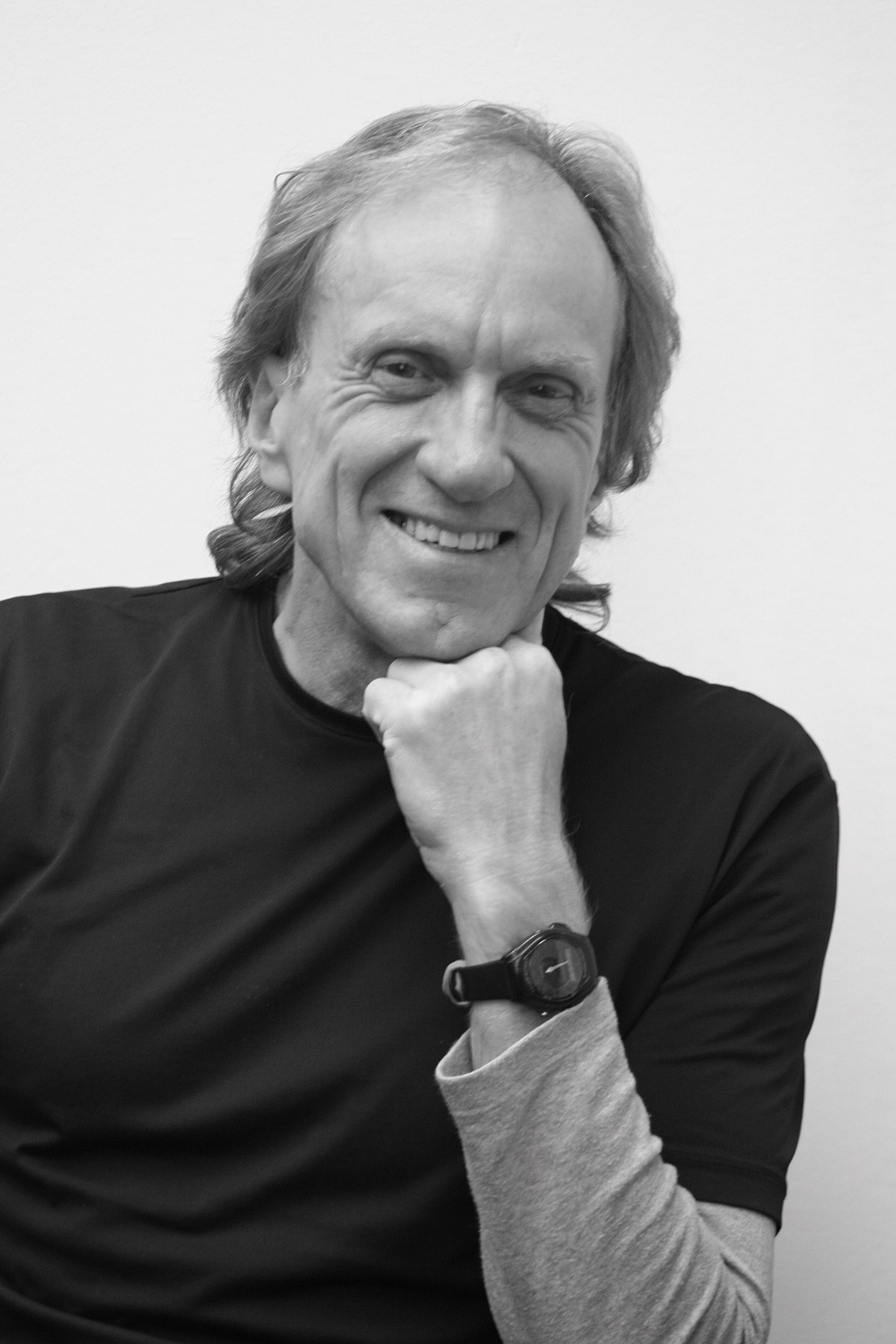
“The person is not the problem.
The problem is the problem.”
MICHAEL WHITE (1948–2008), Australian social worker and family therapist, founder of Narrative Therapy
—

A Story About Assumptions, Surprises, and More


Photo courtesy of One Day Web Group
—
In the year 2004-2005, I worked as a hospital chaplain, the priest that visits patients at the hospital. It was a year of great learning. This story is conceivably my greatest lesson learnt.
—
—
This was recorded as part of a storytelling evening organised by Lukas Liebich. You can learn more about it here: https://www.facebook.com/events/59426…
Wisdom for Teams #2
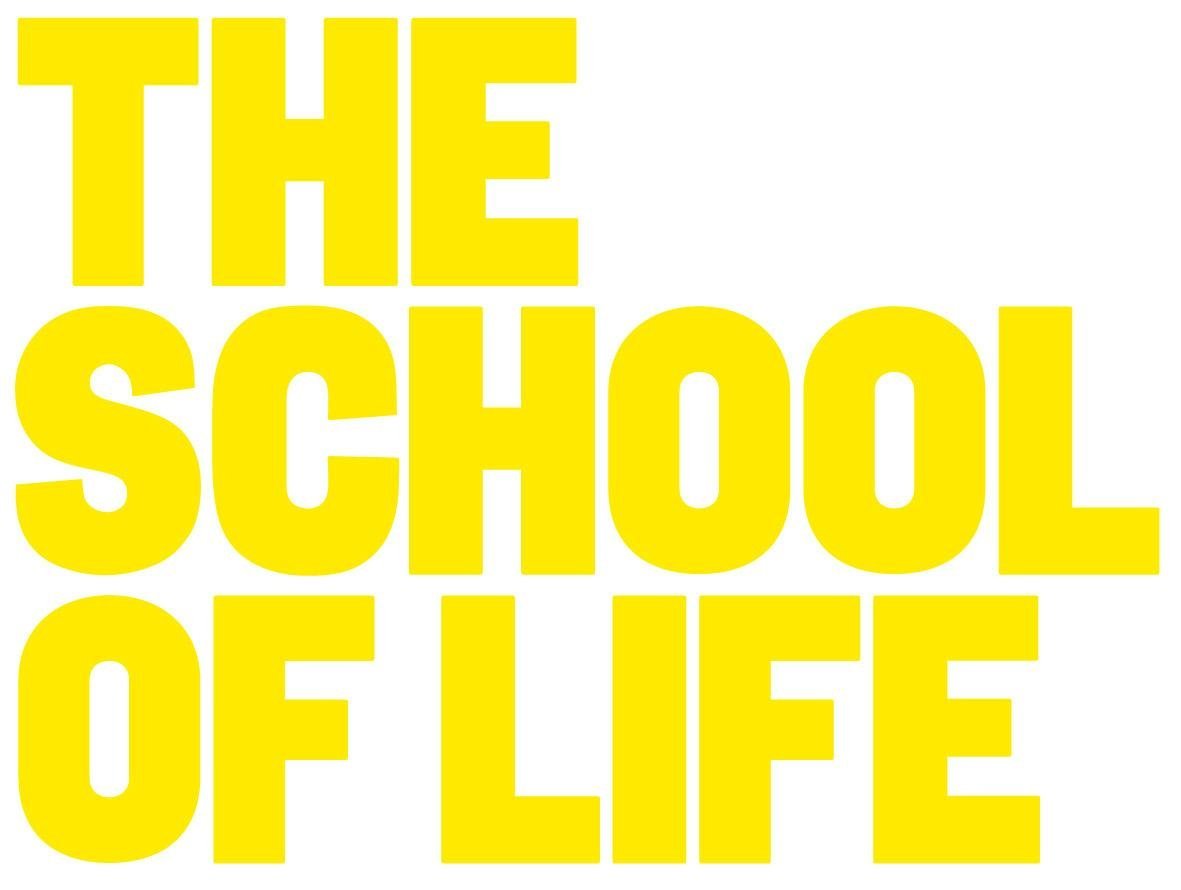
“The good listener doesn’t moralise. They know their own minds well enough not to be surprised or frightened by strangeness. They know how insane we all are. That’s why others can feel comfortable being heard by them.”
From the article “Charm” on the website The School of Life
—
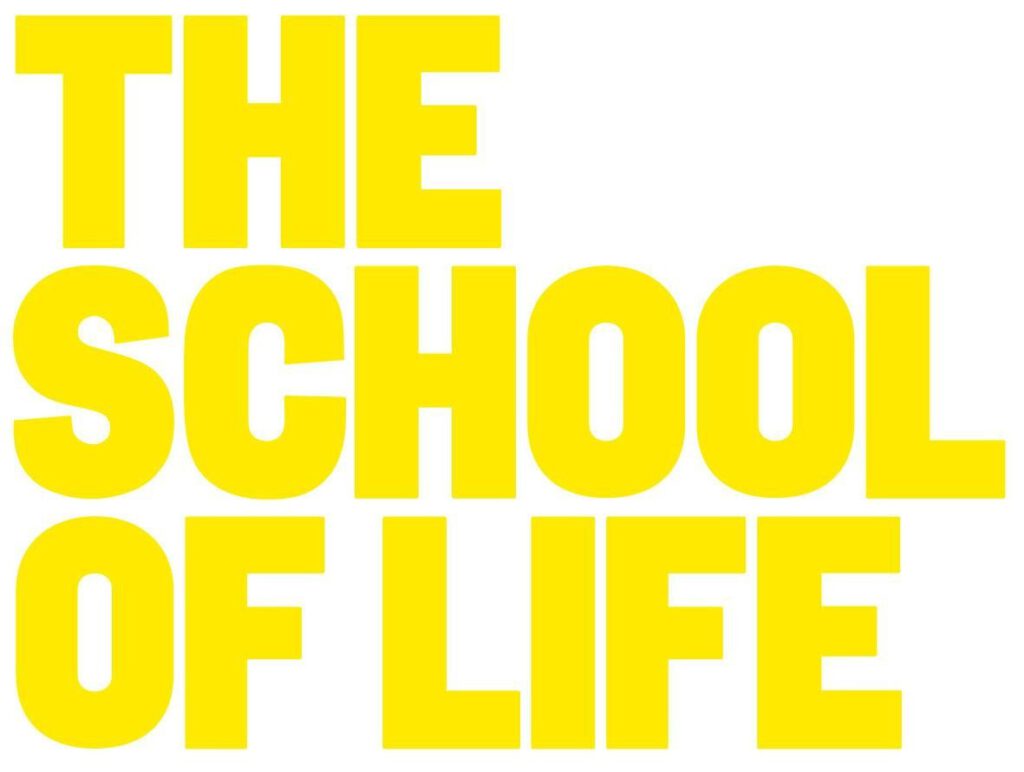
Podcast: How a Former Priest Creates Badass Teams
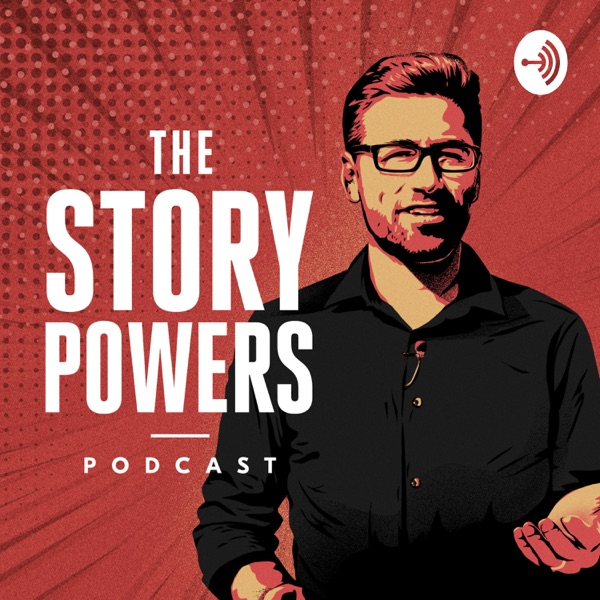
My good friend Francisco Mahfuz recently had me as a guest on his podcast “The Story Powers”. It was my first time, and I must say I had loads of fun. Fransisco is a great host.
Some of the topics we talk about are:
- How being a priest helps me build betters teams
- Mistakes leaders make in times of crisis
- My transition and journey from priesthood to corporate trainer
You can listen to the episode here as well as on Spotify and YouTube:
_________
_________
_________
Thanks buddy for inviting me and keep up the fantastic work!
The Question That Helped Me Face Uncertainty
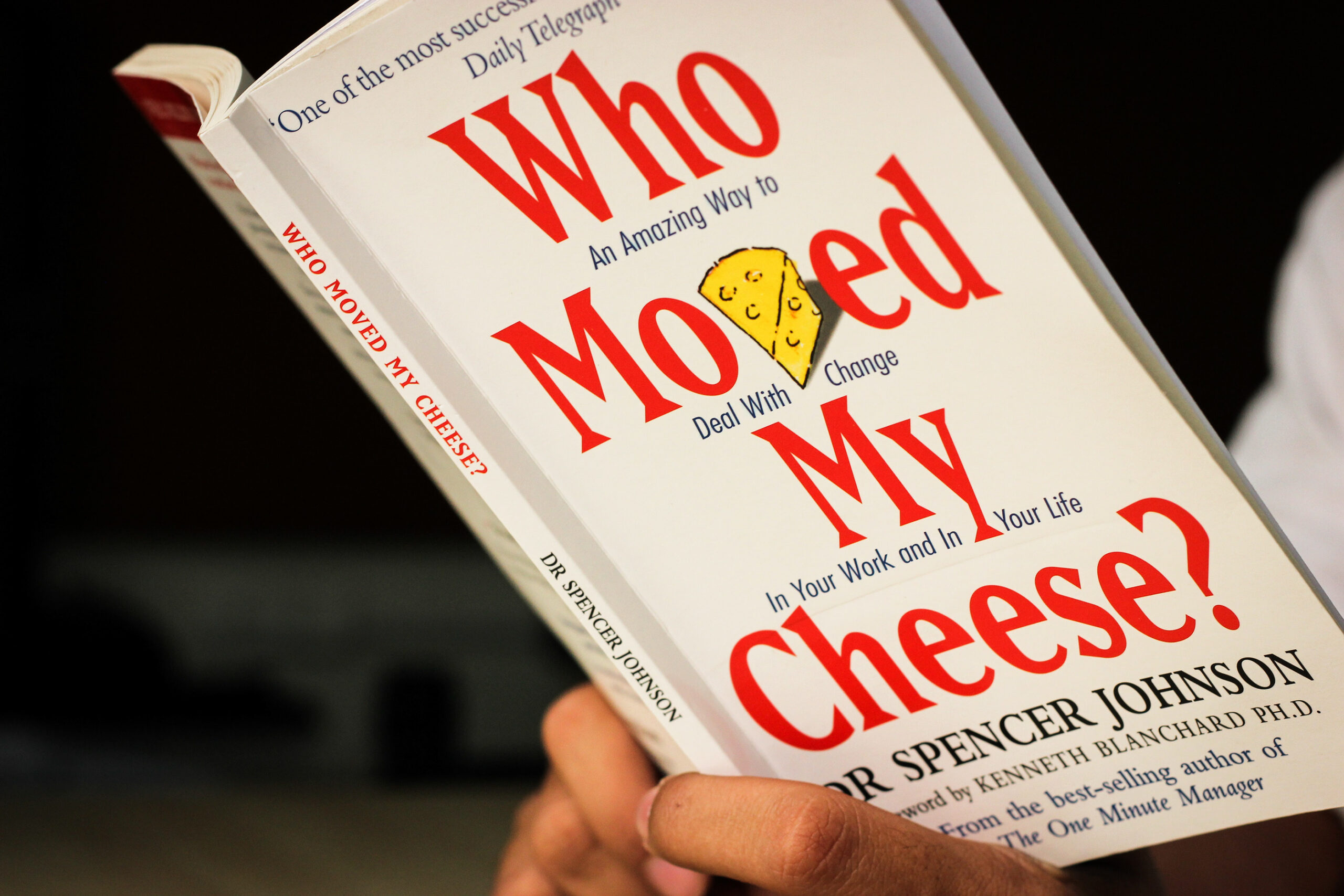

—
Most of my work is done face-to-face. Or at least it used to be. When the pandemic broke out I soon realised that a profound and irreversible change in the events and training industry was going to take place. The urge to freak out was big:
- How long will the confinement last?
- How long until face-to-face events will be allowed?
- How will I transfer my trainings online?
- What equipment do I need?
- How does this sh*t work???!!!
And then it happened. Early on in the lockdown, a friend of mine, Onu Igbokwe, referenced a book: Who Moved My Cheese, by Spencer Johnson. I had read the book years back but decided to listen to the audiobook. Life changing. It’s a must read. If you’ve already read it, and you’re facing uncertainty, then read again.
It’s a short book. A couple of hours is enough. But don’t be fooled by its length. The author says it took about 20 years to write it. Every word counts. What most changed my approach and behaviour was one simple question:
—
What would I do if I were not afraid?
—
The voice in your head might be saying: “But I am not afraid”. So here are other reactions to the uncertainty that comes with change:
- worry, concern, unease
- doubt, self-doubt, confusion, hesitation
- agitation, stress, anxiety, nervousness
- denial, refusal, complaining, intolerance, aversion
Fear has a funny way of disguising itself. If you’re feeling any of these, chances are there’s a degree of fear involved — the fear of failure. So here’s another way of putting the question:
—
What would you do if you could not fail?
—
After listening to the book things got better. I did a full-blown online training with Amazon, and was invited to impart shorter trainings and talks, as well as online coaching sessions. And next week I’ll be facilitating a two-day online “home-site” with King, the creators of Candy Crush.
Luck? Yes. Absolutely. So much luck. I also like to think Seneca is at least somewhat right when he says luck is what happens when preparation meets opportunity.
But even if the book or my behaviour had nothing to do with my work picking up, my experience nonetheless of these uncertain times has consequently been more tranquil. So thank you, Spencer, and thank you, Onu!
Wisdom for Teams #1
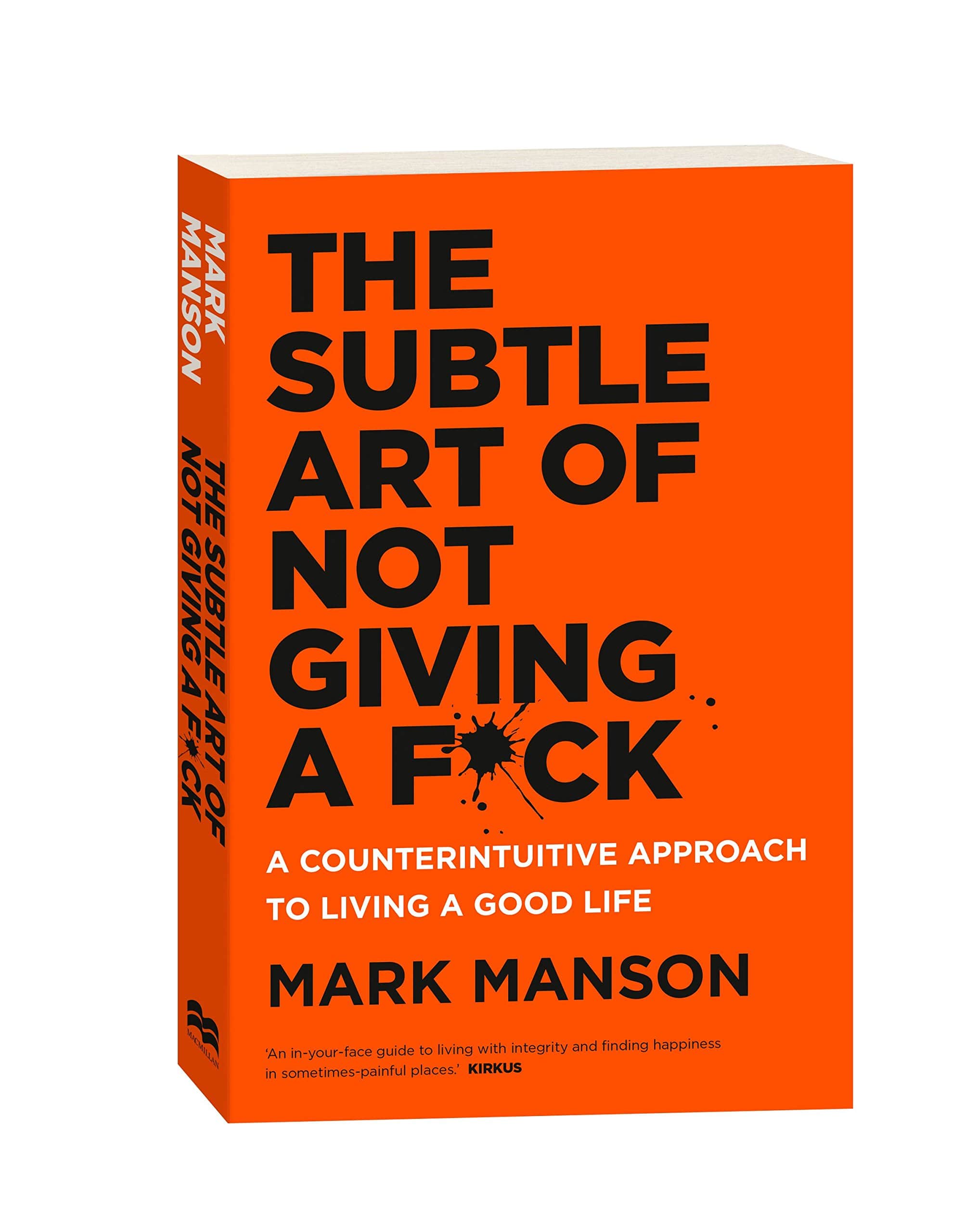
“Certainty is the enemy of growth.”
MARK MANSON
—
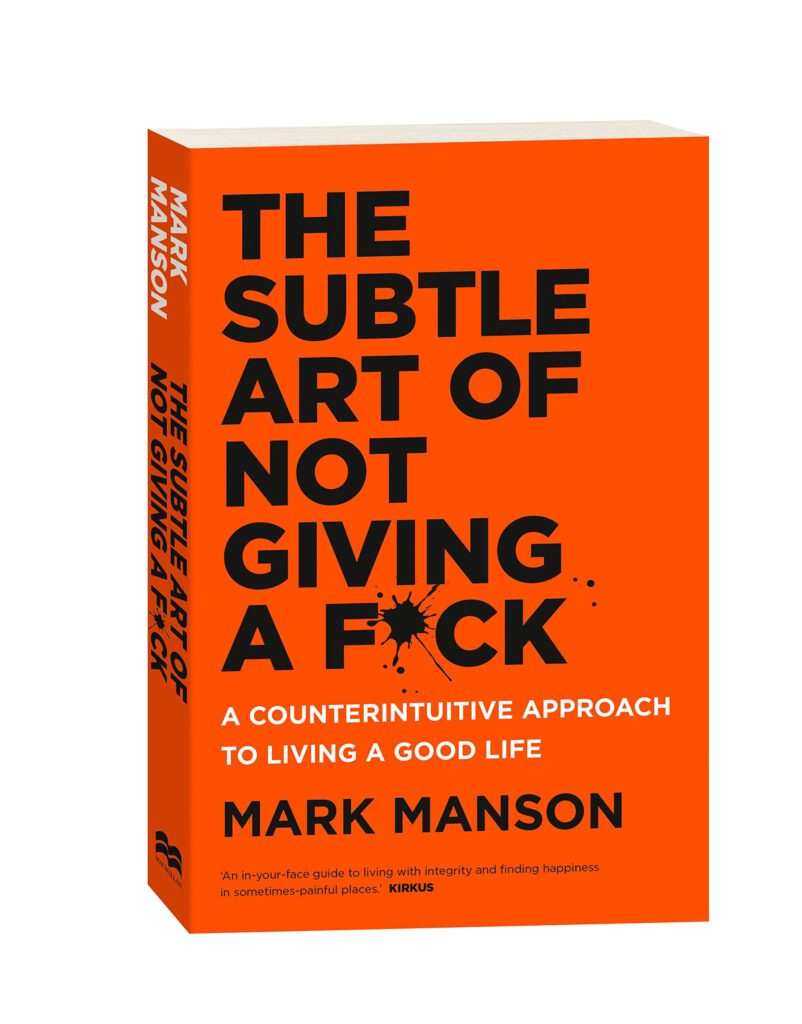
The Golden Rule is Making the World Worse
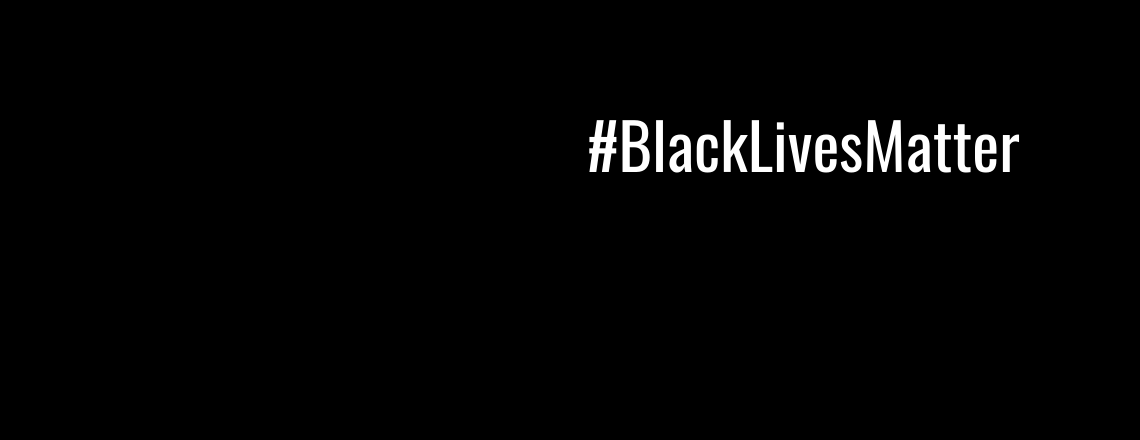
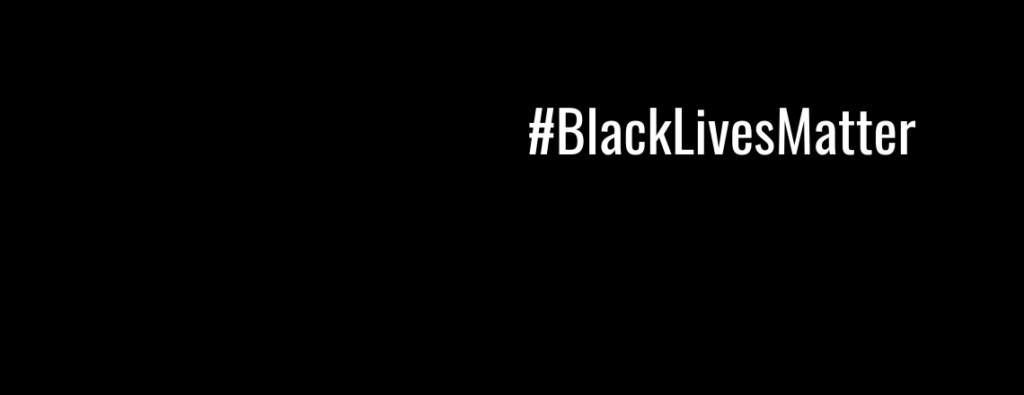
—
The Golden Rule — treat others as you would like others to treat you — is well intentioned in that it asks us to extend fairness and respect to others. But the outcomes are not necessarily good.
—
The problem is that it is based on a fundamentally flawed assumption.
—
The assumption that you want what I want, that fairness and respect mean for you what they mean for me. And this is rarely true. This is particularly relevant given the evils caused by the racism and the violence we’re seeing these days.
It is so easy to fall into the trap of assuming my way is the right way, and then to treat others as I think I should, without taking into account what they want. This is dangerous because it can make them feel disrespected and I might end up resenting the fact that they are being unappreciative of my efforts.
And we don’t have to go halfway across the world to make a difference. This applies to how we treat people at work, at home, on the streets, and in social media. Lest we come across as jerks, we want to be careful NOT to treat others like we would like them to treat us, unless we’re sure that is what they really want.
—
Never assume you know what others want. The alternative is to practice empathy.
—
The golden art of putting ourselves in their shoes to figure out how they would like to be treated. And we will probably be surprised by how much that can differ from what we expected to be appropriate.
If we are going to build a more fair, generous and compassionate world, we’re going to need a better rule. Here’s an iteration:
—
THE GOLDEN RULE 2.0
Treat others as THEY would like to be treated.
—
#BlackLivesMatter
A Poem on Demons and Life


This evening I will be running our Toastmasters Club meeting. Toastmasters is about communication and leadership. Part of my job is to choose a theme for the meeting. My friend Florian Mueck suggested I go with exorcisms (don’t know where he got that idea).
It is also my job to ask everyone with an active role in the meeting a question related to the theme. This was my question: If I were your exorcist, what demon would you like me to get rid of?
Asking myself this same question, I started playing with a few ideas, and ended up writing this rather philosophical poem. It reflects the irony of how we can sometimes work so hard for something and end up with the opposite, and how life has her way of waking us up to see this.
Though nowhere near his, I’m dedicating the poem to fellow philosopher, David Whyte. His poems have recently reignited my appreciation for the reflections poetry prompts. The audio file is a recording of me reading the poem.
—
—
IMPERSONATION
To David Whyte
In a pretension to be another,
as if cursed by gods,
possessed by a demon,
or haunted by ghosts,
I come to believe I truly am who I seek to be,
just like a dream.
But life strikes,
unexpectedly and hard,
the pain of the blow waking me from the dream.
Shedding the elusive skin of my pretension,
I see the true nature of my predicament.
Who decided who I would dream to be?
Who has such power to enslave me to this dream?
Who?
Life strikes,
unexpectedly and hard,
and I see the true nature of who,
I see the gods that cursed me — the gods of perfectionism,
I see the demon that possessed me — the demon of my ideal self,
I see the ghosts that haunted me — the ghosts that think it is never enough.
Life strikes,
unexpectedly and hard,
and I hear its soft whisper,
“You are not the person you dreamt to be.
Stop impersonating the ideal you.”
In my pretension to be the best version of myself,
I impersonated not another,
but an idea,
the idea of who I wanted to be,
and so I came to believe I truly was who I sought to be,
just like a dream.
But I am not the person I dreamt to be,
I am the dreamer.

